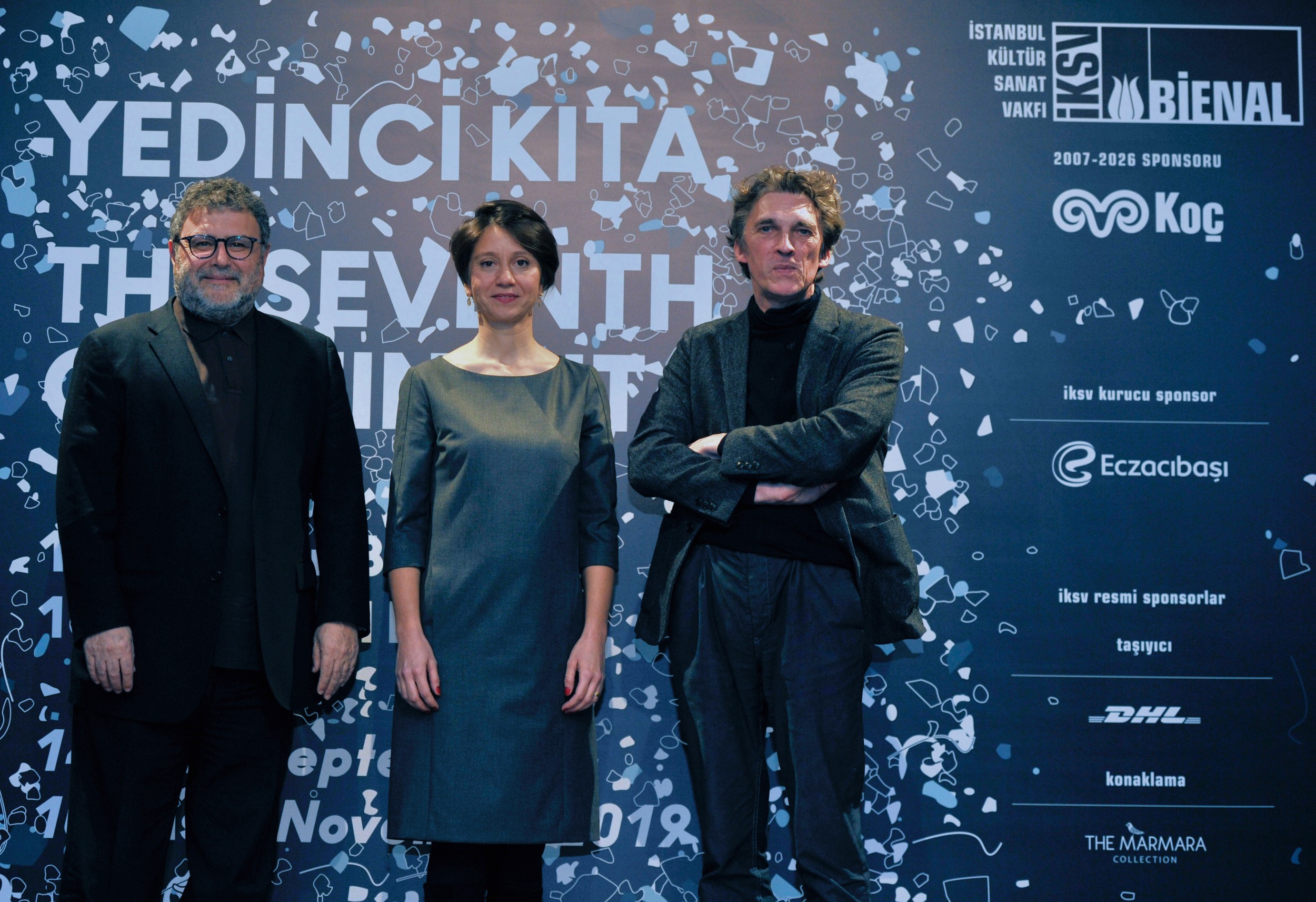News
Istanbul Biennial Pledges Reforms After Grassroots Campaign


Facing a chorus of criticism over how the curator for the 18th Istanbul Biennial in 2024 was selected, the Istanbul Foundation for Culture and Arts (İKSV) has vowed to make changes in its selection process for future editions. İKSV announced the intended reforms on an Instagram post on October 5, one day after an open letter titled “Time to Have Better Istanbul Biennials” began circulating that called for the privately run organization to adopt “legitimate and transparent practices . . . in light of its public mandate.”
İKSV revealed that starting with its 2026 edition, it would adopt more transparent measures in the course of its selection for the Istanbul Biennial curator. In the future, İKSV management will select from three candidates proposed by the advisory board, and if none of those candidates are acceptable to the organization, İKSV can ask the advisory board to reconvene. İKSV also said it would make clear in its regulations that advisory board members are prohibited from being candidates for curatorial positions.
The moves come in response to criticism over the selection process for Iwona Blazwick as curator of the upcoming edition in 2024. Blazwick was a member of the advisory board that, according to a report in The Art Newspaper, unanimously recommended Defne Ayas as the next curator. When İKSV did not accept the recommendation, several board members resigned, and İKSV selected Blazwick. This looked to many like an act of self-dealing and the Biennial was criticized for not working with Ayas, who has worked on major mega-exhibitions including the 2020 Gwangju Biennale with cocurator Natasha Ginwala. “We always pay close attention to [the] opinions and commentary in the culture and art world about our activities,” İKSV’s post reads. “Curator candidates have always been evaluated solely on basis of their artistic vision.” İKSV pledged that the changes will “ensure a radiant future for our biennial.”
İKSV did not acknowledge any wrongdoing in the selection process of Blazwick for the 2024 edition, nor did it make any changes in the management or curatorial structure for the upcoming Biennial. İKSV also did not address allegations that it had rejected the nomination of Ayas due to her past project with the Armenian-Turkish artist Sarkis at the Turkey Pavilion for the 2015 Venice Biennale—the catalogue for which was censored by the state for references to the Armenian genocide.
To date, more than 250 people have signed the open letter, including curators of past editions Beral Madra (1987/89), Charles Esche and Vasıf Kortun (2005), Hou Hanru (2007), and the collective WHW (What, How & for Whom) (2009). Among the major artists and curators who participated in past editions are Ahmet Öğüt, Akram Zaatari, Angela Melitopoulos, Annika Eriksson, Aslı Çavuşoğlu, Avi Mograbi, Banu Cennetoğlu, Candice Breitz, Dan Perjovschi, David Elliott, Esra Ersen, Filipa César, Hale Tenger, Julieta Aranda, Leylâ Gediz, Marwa Arsanios, Michael Rakowitz, Nedko Solakov, Nilbar Güreş, Pilvi Takala, Rabih Mroué, Rossella Biscotti, ruangrupa, and Vahap Avşar. Other prominent names who have signed on include curators Bonaventure Soh Bejeng Ndikung, Christine Tohme, and artists Hito Steyerl, Laura Raicovich, and Xaviera Simmons.
İKSV noted the 18th Istanbul Biennial was continuing as planned and that it would announce the conceptual framework and participants in the coming months, as well as a new advisory board.
HG Masters is deputy editor and deputy publisher at ArtAsiaPacific.







